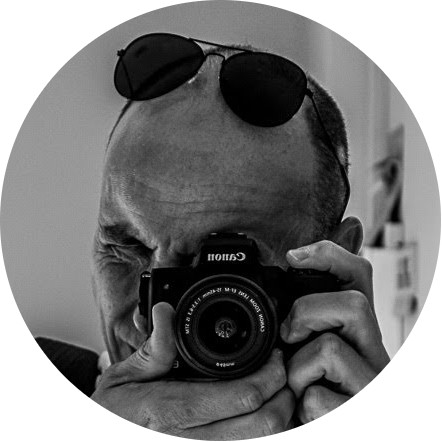Our girls all go to dance school. They all spend many hours a week at dance and theatre classes on top of their academic education in school. They do it because they love it and they enjoy it and they do the exams, both RAD and IDTA, because they want to learn and progress. It is their passion and just because it’s not academic and involved sitting in a classroom does not make it wrong or exceptional. They also do their dance exams.
The RAD has called for better guidance on rules permitting students in England to take examinations in dance and creative subjects during the school day, and has received support from the Secretary of State for Education.
Source: www.rad.org.uk/news/rad-seeks-clarity-on-authorised-absences-for-exams
Incensed
I first came across this news on BBC News earlier today and I was incensed by it. Why is it that education in the arts is seen as something exceptional, out of the ordinary?
But, I have to say that our younger girls’ primary school are actually very supportive of dance exams and have never refused the time off. Frankly, even if they did refuse to authorise it we would still take them. How dare an institution of education be so blinked in their view of what is educational.
Frankly, it’s an absurd situation. If parents seek permission for their child to attend a formal dance exam then it should be automatically granted. It’s not exceptional circumstances, it’s perfectly normal.
What is education?
When I asked myself this I decided to ask the Internet and this is what Wikipedia says:
Education is the process of facilitating learning, or the acquisition of knowledge, skills, values, beliefs, and habits. Educational methods include storytelling, discussion, teaching, training, and directed research. Education frequently takes place under the guidance of educators, but learners may also educate themselves. Education can take place in formal or informal settings and any experience that has a formative effect on the way one thinks, feels, or acts may be considered educational. The methodology of teaching is called pedagogy.
Source: en.wikipedia.org/wiki/Education
 Education is not just about what a child is taught in school. The learning processing goes far beyond the walls of educational institutions. Thousands of children up and down the country take part in extra-curricular dance and theatre classes. Many will fall away from the arts but a few will go on to make this their profession. Our nine-year-old is defiant that she will be a singer and dancer and in particular is targeting a career in on cruise ships. I am sure her goals may change but what I am pointing out is that whilst some people want to be doctors, engineer, architects etc (i.e the prestige careers schools love to have student succeed in) many want a career in the arts. Isn’t it wrong that our government’s rules are being interpreted in a way that makes the arts somehow at odds with schools?
Education is not just about what a child is taught in school. The learning processing goes far beyond the walls of educational institutions. Thousands of children up and down the country take part in extra-curricular dance and theatre classes. Many will fall away from the arts but a few will go on to make this their profession. Our nine-year-old is defiant that she will be a singer and dancer and in particular is targeting a career in on cruise ships. I am sure her goals may change but what I am pointing out is that whilst some people want to be doctors, engineer, architects etc (i.e the prestige careers schools love to have student succeed in) many want a career in the arts. Isn’t it wrong that our government’s rules are being interpreted in a way that makes the arts somehow at odds with schools?
Open Opportunities
 Schools cannot possibly offer everything to young people, be it dance or something else. If a pursues this outside school then the very least schools can do is support them in this.
Schools cannot possibly offer everything to young people, be it dance or something else. If a pursues this outside school then the very least schools can do is support them in this.
I was never involved in the arts when I was young. It’s something I wish I had been now as it’s an area I have appreciated and enjoyed more as I have grown. But, I vicariously enjoy the dance and theatre through my girls’ enjoyment of it. I help out where I can and support them in their pursuit.
They may not go on to a career in the theatre the opportunities are there for them. Along with all the other opportunities afforded to young people today. I shall be proud if they go on to work in this field knowing we did all we could for them. Whether or not schools support this or not is irrelevant as they will always have our support as their parents.
Thanks for reading.
Dave

